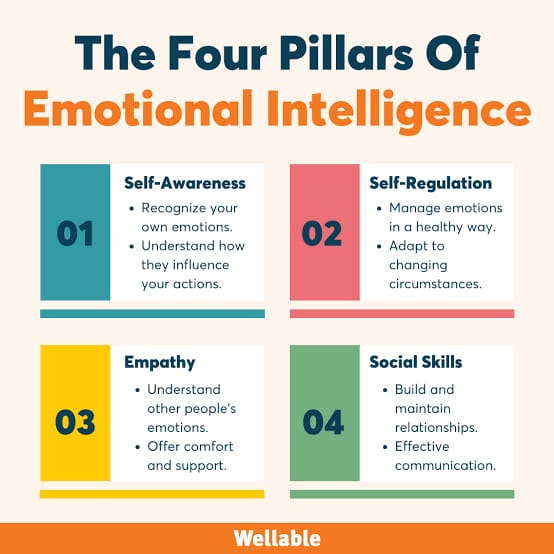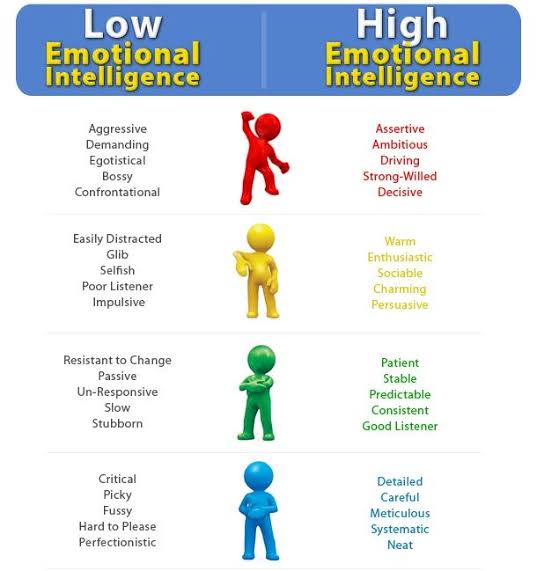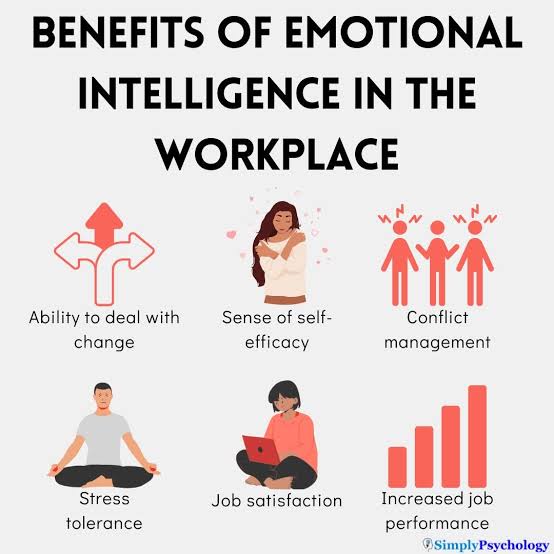Decoding the Wonders of Emotional Intelligence
In the enchanting realm of work, a phenomenon known as Emotional Intelligence (EI) takes center stage, acting as a guiding force that transforms the mundane into a magical experience. This mystical quality is not just a concept; it’s a superpower that empowers individuals to navigate their emotions and create a harmonious workplace that resonates with success and positivity.
The origins of this magical concept trace back to the early ’90s when psychologists Peter Salovey and John Mayer first coined the term “Emotional Intelligence.” However, it wasn’t until the publication of Daniel Goleman’s bestselling book that this magical force gained widespread recognition, propelling it into the mainstream conversations of workplaces around the globe.
Measuring the potency of this intangible magic requires special tools and assessments. Instruments like Wong’s Emotional Intelligence Scale, Emotional and Social Competence Inventory, Mayer-Salovey-Caruso Emotional Intelligence Test, and The Emotional Quotient Inventory 2.0 serve as the enchanted keys to unlock the mysteries of Emotional Intelligence. These assessments delve into individuals’ abilities to understand and manage their own emotions, as well as their capacity to build positive relationships with others.
Let’s immerse ourselves in the workplace fairy tale, where Emotional Intelligence becomes the guiding force shaping a harmonious and successful narrative. Leaders emerge as wizards, wielding Emotional Intelligence as a secret code to foster loyalty and create a workplace filled with appreciation, collaboration, and creativity. It’s a leadership style that surpasses traditional approaches, infusing workplaces with a new energy that resonates with the hearts and minds of each team member.

Now, envision everyday heroes – employees fluent in the language of Emotional Intelligence. They are the choreographers of the workplace dance, ensuring that every interaction, even in the digital realm, contributes to a harmonious symphony. These heroes understand the nuances of emotions, creating an atmosphere where trust, respect, and empathy thrive.
Picture conflicts transforming into digital love stories, where Emotional Intelligence prevents disruptions and maintains productivity in our fast-paced work environment. This magical quality equips employees with the resilience and adaptability to navigate technological changes seamlessly. The workplace becomes a stage for these digital love stories, where employees, empowered by Emotional Intelligence, sway with the winds of change, contributing to a culture that is agile, responsive, and capable of weathering any storm.

Adding an extra layer of magic to client and customer relationships, Emotional Intelligence becomes a superpower that enhances digital experiences. This magical spell understands and meets customer needs algorithmically, fostering positive digital interactions, client satisfaction, and enduring virtual relationships. Every digital interaction becomes a love story that transcends transactions, aligning seamlessly with the current focus on customer-centric experiences in the digital realm.

As our magical journey concludes, let us emphasize the importance of nurturing Emotional Intelligence in the workplace. Training programs, leadership development, and friendly policies become the magical ingredients for a fantastic and successful work environment. It’s not just a workplace tale; it’s a magical adventure of success and happiness, guided by the superpower of Emotional Intelligence. Brace yourself for a joyful cheer – workplace magic has never been more captivating!
–Usha Kumari Sharma is a Facilitator, Counselor, and Freelance Soft Skill Trainer with a Masters in HR and psychology.









